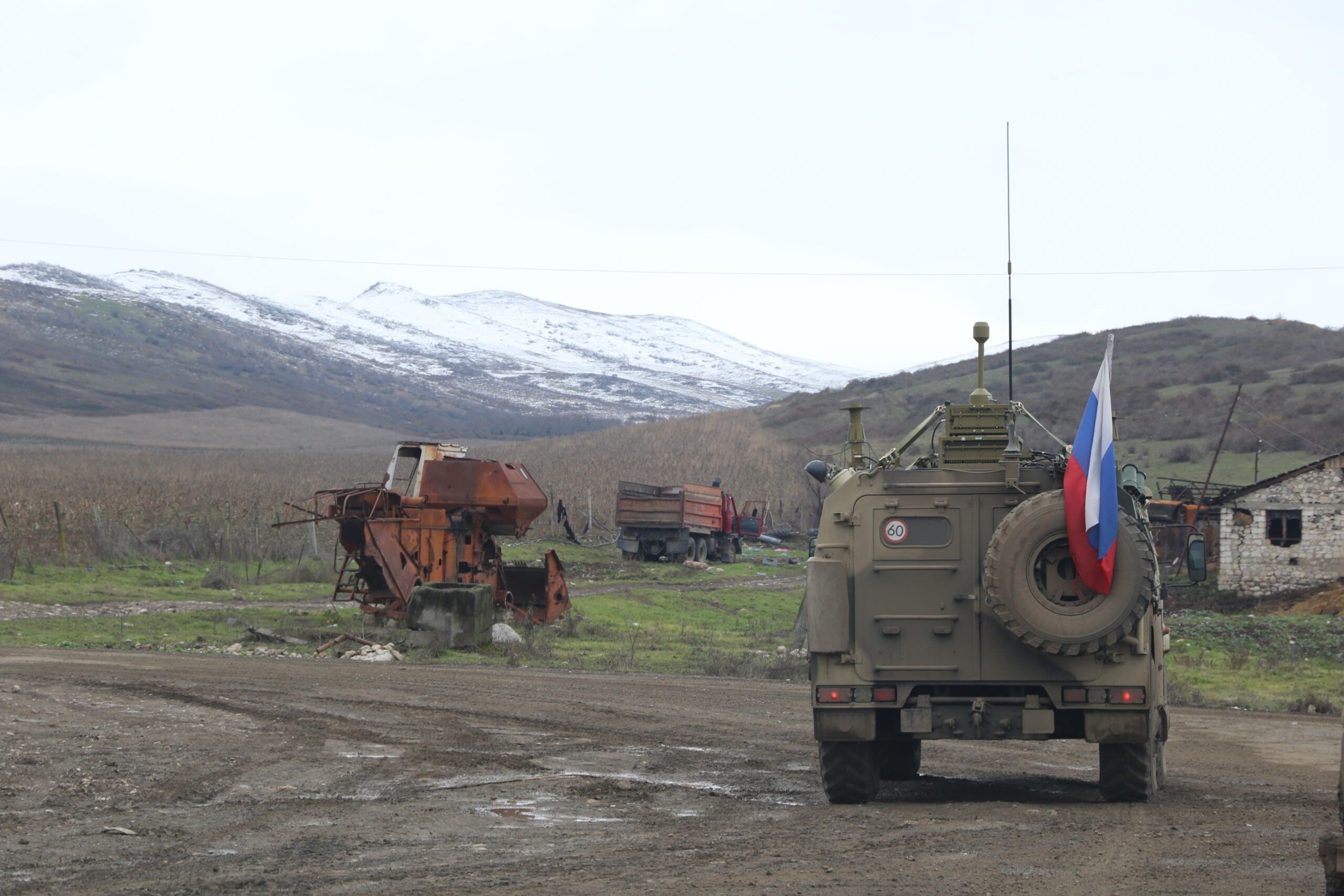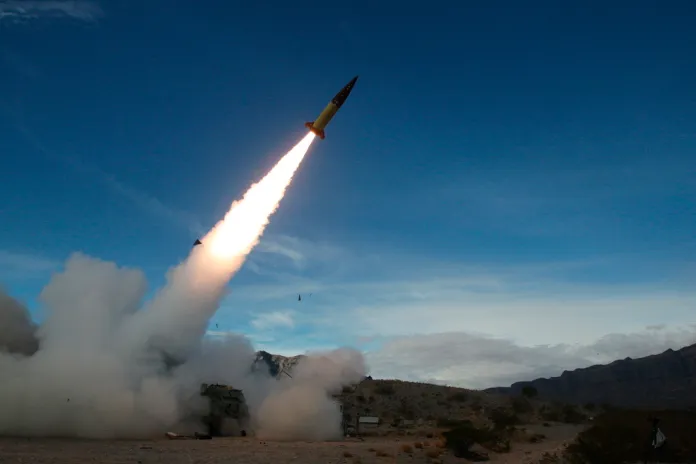War With China Over Taiwan Won’t End Well for Anyone
War with China over Taiwan won’t end well for anyone
What would it look to have China invade Taiwan in 2026? This is the question that the Center for Strategic and International Studies’ wargame report attempts to answer.
According to the report, all parties are left with very difficult decisions. “The First Battle of the Next War: Wargaming a Chinese Invasion of Taiwan,” The game was released Monday. The wargame included 24 simulations of an amphibious invasion by Taiwan. This allowed for possible scenarios, including a Chinese win, a slow Chinese defeat, or a protracted stalemate.
Most of the outcomes do NOT foresee Beijing victory. In all tested scenarios, however an invasion of Taiwan would have huge costs for Taiwan, China, the United States, Japan, and the rest of the world.
“A conflict with China, would be fundamentally unlike the regional conflicts and counterinsurgencies that the United States has experienced since World War II, with casualties exceeding anything in recent memory,” The report warns. “The high losses would damage the United States’ global position for many years.”
This report shows that anyone who believes that China is now in a position to attack the island because it has military superiority over Taiwan Strait should reconsider. This study is a continuation of an earlier study. Study According to the Quincy Institute, any military attack on Taiwan is a risky move for Beijing that could lead to a Chinese defeat. Beijing will likely not consider this option unless provoked by Washington abandoning its One China policy or sending combat troops to Taiwan. A war over Taiwan would have enormous costs for all sides, and it would not be an easy win by the United States.
The report warns that once China launches an invasion — and if the United States decides the best option is to defend Taiwan — there is no “Ukraine model” The United States would not be able to just send supplies to Taiwan. It would have to also send troops into combat immediately to reduce casualties. The results would be devastating.
CSIS’ wargame predicts that the United States would lose 3200 troops within the first three weeks of combat against China. This is close to half the number of American troops who died in Afghanistan and Iraq during the two-decade war.
Becca Wasser, head of The Gaming Lab at The Center for a New American Security, stated that Americans have not yet fully grasped the implications of such a scenario in a Monday event.
“Is the United States ready as a nation to accept losses that would come from, say, a carrier strike group sunk at the bottom of the Pacific?,” She was curious. “We have not had to face losses like that as a nation for quite some time. And it would actually create broader societal change that I’m not sure we’ve totally grappled with.”
China would suffer the same consequences. CSIS has estimated that China would lose 155 combat aircraft and 138 ships in the base scenario (compared to the 270 and 17 losses suffered by the United States). The scenario also includes 7,000 ground casualties for Chinese. “roughly a third of whom are assumed killed. Another roughly 15,000 soldiers were lost at sea, with half assumed killed.”
Even though most outcomes conclude with Taiwan successfully fighting off China’s invasion, the repercussions are disastrous for the island, as well. According to the report: “is severely degraded and left to defend a damaged economy on an island without electricity and basic services.” In most outcomes, Taiwan’s entire navy was destroyed and army casualties averaged about 3,500.
Because of the stakes in any full-blown Sino-U.S. war over Taiwan, there is no way to dismiss the possibility that Washington or Beijing could use nuclear signals or threats, or even deploy nuclear weapons tactically, to prevent a defeat. Although the report acknowledges this possibility, it doesn’t examine it. This reinforces the need to avoid a Taiwan nuclear conflict at all costs.
The results of the simulations, and the recommendations offered in the report, in general reflect those found in the Quincy Institute’s earlier Active Denial report. Simulations for this study produced similar results. The report’s recommendations were almost identical. They stressed the need for the United States, among others, to strengthen bases in Japan, deploy more bombers and submarines equipped with missiles, as well as increase anti-ship missile inventories.
Even these actions are not enough to deter China from attacking Taiwan. Washington must back Beijing into a corner. These and other war games have taught us that the Taiwan Strait must be peaceful without credible diplomatic and political assurances from the United States and China about One China and the possibility for peaceful unification.
The CSIS report does not suggest policy prescriptions or take a position on whether the United States would or should become directly involved in a conflict over Taiwan. It is however clear about the high cost of direct confrontation and the need to avoid it.
Right now it’s fashionable to talk about national interests and even restraint, but with these folks, how much of it is sincere?

Will the panel foster a new cold war or much needed cooperation between the world’s two largest economies?

The report is focused on how the nucleus industry can influence institutional output in their favor, as well as its attempts to censor its critics.
" Conservative News Daily does not always share or support the views and opinions expressed here; they are just those of the writer."






